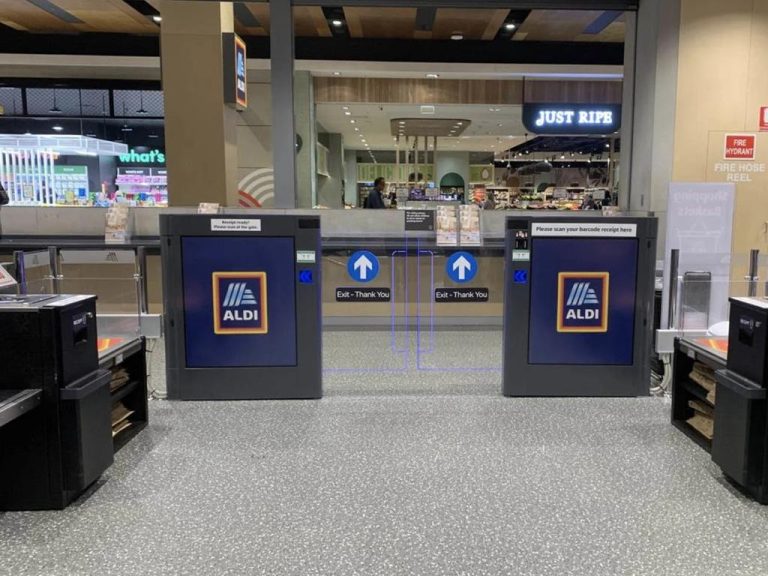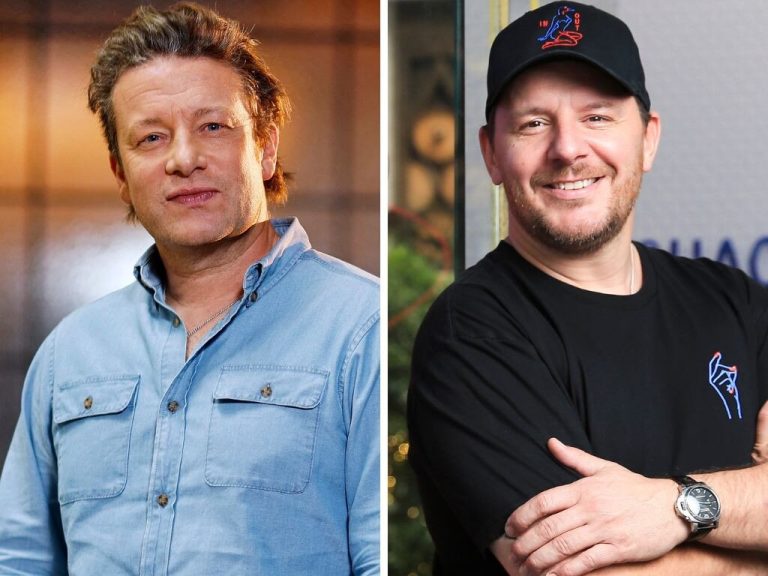Shock fast food chain topples McDonald’s as world’s biggest
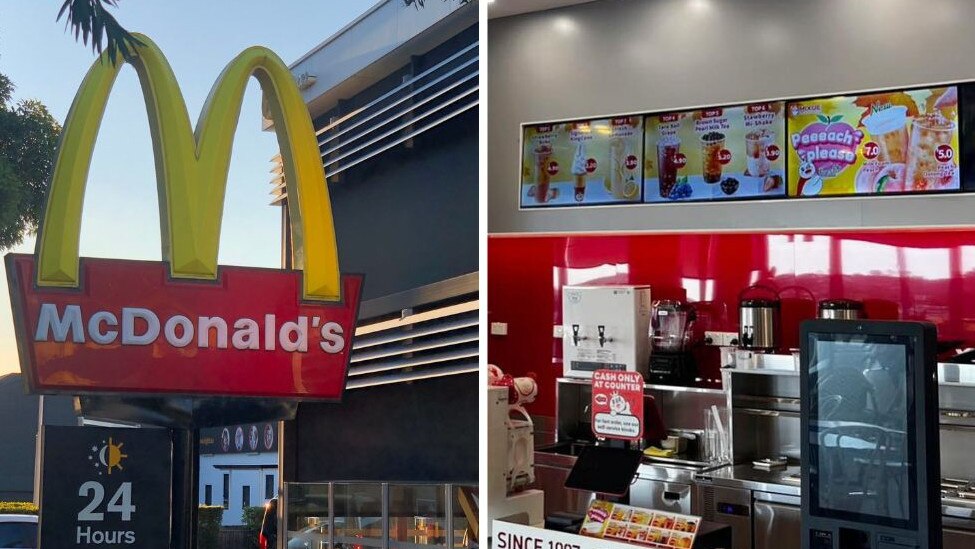
McDonalds has lost its crown as the world’s biggest fast food chain to an emerging player.
Forget McDonald’s famed golden arches, Starbucks or KFC – a new player has emerged as the biggest fast food outlet in the world, overtaking the largest brands from the US.
And you’ve probably never even heard of it.
Chinese fast food chain Mixue Bingcheng, loosely translated in English as Honey Snow Ice City, has this year surpassed McDonald’s to become the largest fast food retailer by number of stores.
The ice cream and tea restaurants operate mostly in Asia, with some outlets in Australia and Brazil, and there are more than 46,000 stores globally – outnumbering the McDonald’s outlets spread around the world.
MORE: Global brands that went bust in Australia
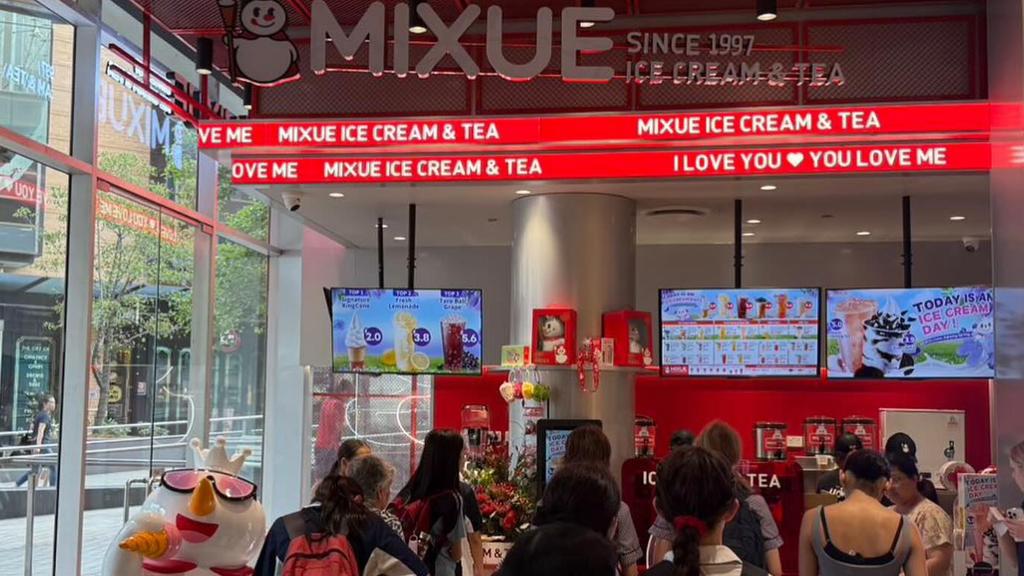
A Mixue store in Sydney. The first Australian store was opened in 2023. Picture: Facebook
The company founded in 1997 has made a foray into Australia, with stores in Sydney, Melbourne and Brisbane.
The first was in Sydney’s World Square, which opened in 2023. It primarily caters to those with a sweet tooth, with affordable bubble tea, ice-cream and coffee offerings.
Mixue also has a presence in Japan, South Korea, Taiwan, Hong Kong, Vietnam, Singapore, The Philippines, Kazakhstan, Malaysia and other countries in Southeast Asia.
The bulk of the stores, about 41,000, are located in China and are franchise-operated.
It’s an impressive level of expansion for a company that traces its origins to a street stall selling shaved ice and cold drinks in the inland Chinese city of Zhengzhou.
Founder Zhang Hongchao, then a student, was alleged to have started the company with a 3000 yuan (about A$700) loan from his grandmother.
MORE: Temu, Shein busted: Kmart drops major plan
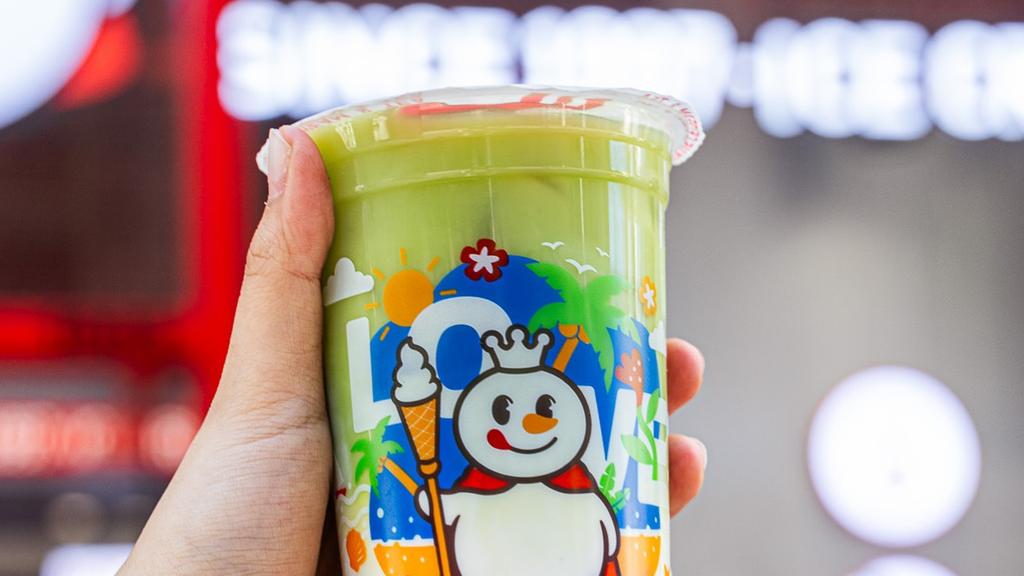
The Mixue brand offers cheap ice creams and bubble tea.
Observers, commenting on the brand’s meteoric rise across the Asia-Pacific, said the tea and ice cream empire has been built somewhat on a legacy of rock bottom prices.
The company gained attention in the early 2000s for selling 1 yuan (20 cents) ice creams. Mixue has went on to sell close to half a billion ice creams in 2023 alone, according to The China Daily.
Ray White Commercial retail expert Vanessa Rader said the rise of brands like Mixue represents a global power shift as customers become more accustomed and comfortable buying Chinese brands.
“We are not as afraid of Made in China anymore,” she said. “Temu, Shein and companies like BYD, even Labubu, have shown that.
MORE: Inside Wendy’s bold Aus expansion plan
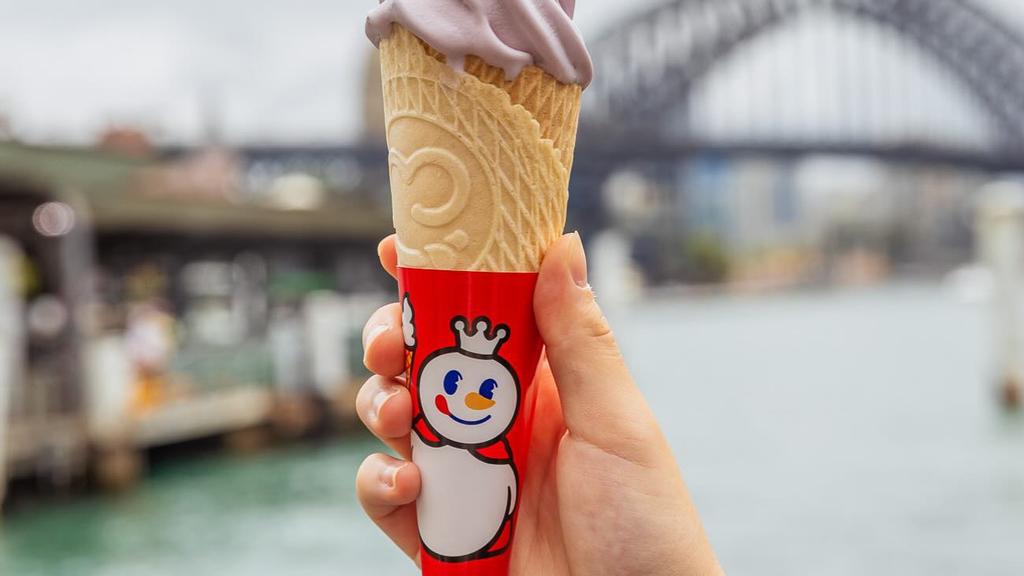
Mixue launched in Sydney offering $2 ice cream cones.
“Australia remains an attractive market for Chinese retailers to expand out of Asia. Logistically it is close and there are a lot of first generation Chinese migrants here, familiar with their brands.
“Our spending is also similar to consumers in Europe and the US, so goods can often be marked up … Australia can be a good test for how consumers may respond in bigger (Western) markets.”
Mr Rader said takeaway tea, including bubble tea, has expanded rapidly as a category across Australia largely because of the concept’s popularity and lower entry costs of doing business.
MORE: Huge salary that’s now too low to buy a home
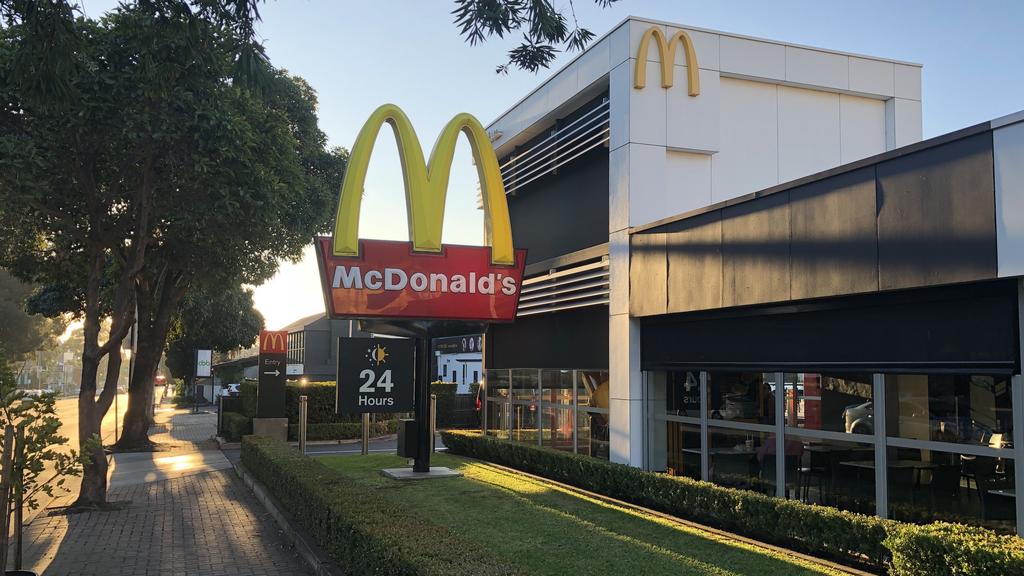
McDonald’s remains one of the biggest players in the world by global revenue.
“With a McDonald’s, you have to find a prime spot for it, which is half the battle, and there are a lot of overheads, a lot of staff are needed to run it. The outlay for tea is less. It’s easier to expand faster.”
Other Chinese fast food brands with a rising global presence include Luckin Coffee, which currently has more global stores than Domino’s, Burger King or Pizza Hut – but is yet to come Down Under.
There is also Chinese brand Wallace, which serves Western-style burgers and fried chicken, with an emphasis on affordability.

Ray White Commercial analyst Vanessa Rader said Chinese brands were growing in strength across Australia.
With about 20,000 stores, primarily in China, Wallace is the eighth biggest chain in the world by volume of outlets, bigger than Krispy Kreme or Taco Bell.
It should be noted, however, that American brands still dominate when it comes to revenue, with the reported earnings of KFC, McDonald’s, Starbucks and Burger King dwarfing Chinese brands.
Ms Rader said if more Chinese food franchises wanted to be successful in Australia they would need to avoid some of the mistakes other global brands made when setting up shop in the country.
“A lot of global brands that struggled in Australia set their prices too high. With cost of living, pricing is huge factor – even for brands that have a more premium offering.
“(Takeout) food can often be viewed as a treat, but for customers to come back week after week, they have to feel like it’s a treat they can easily afford.”

